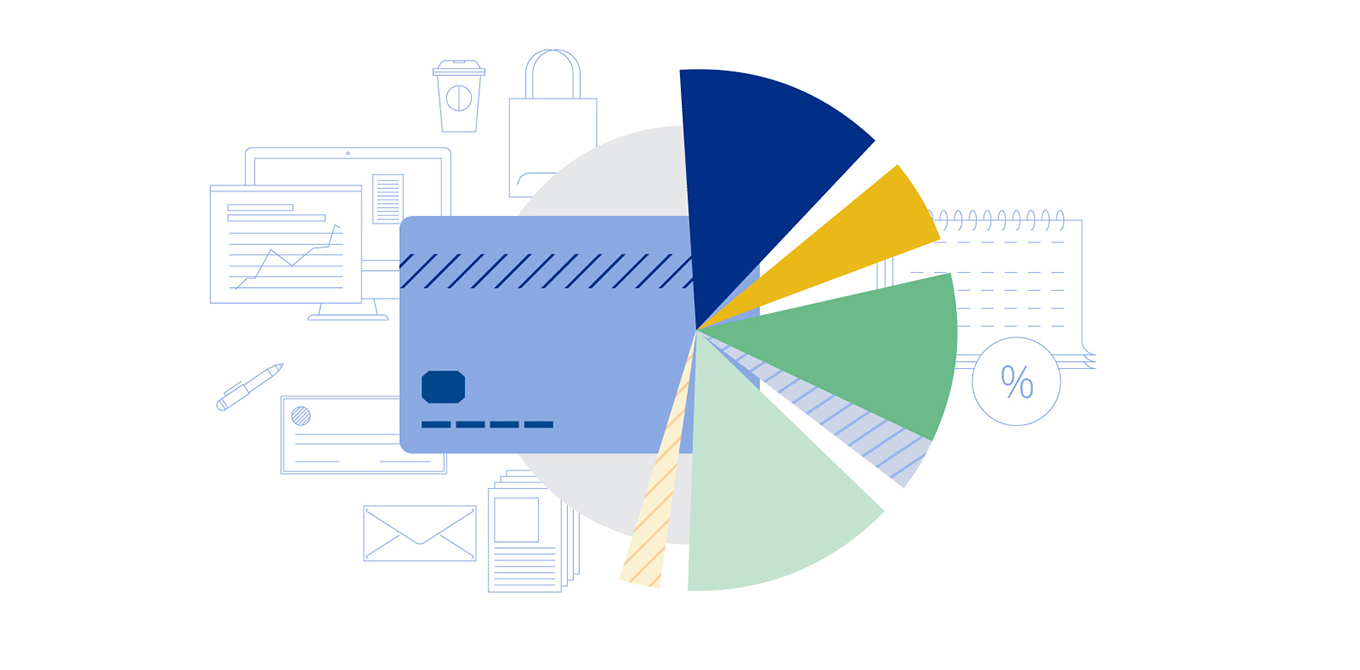Credit Basics - What's a good score (and how to build it)
In Part 1 of our Credit Basics Series we explored what “good” credit is and why it’s important to your financial future. In this article, we will cover what a credit score is and how you can improve it.
When you check your credit score, you’ll probably want to know what the three digits mean and find out how you compare. Credit scores can range anywhere from 280 to 850; 850 is the best credit score you can have, while 280 is the worst. Generally, a good credit score is anything from 700 to 7491. If you fall within this range, you will have a better chance to qualify for lower interest rates, credit cards, and loans.
What makes up my score?
There are a lot of factors that go into determining your credit score. The three credit reporting companies; Equifax, Experian, and Transunion, maintain historical credit data on you that helps determine your score. While the three agencies calculate the score differently there is a general rule of thumb2:
- 35% - Payment history
- 30% - amounts owed (your balances on loans and credit cards)
- 15% - length of credit history
- 10% - types of credit used (is it unsecured like a credit card or secured like a mortgage)
- 10% - new credit
How do I get my score?
You can obtain your credit score from any of the three credit reporting agencies, typically for a small fee. It should also be disclosed to you any time you apply for credit. To get a holistic view of your credit it’s a good idea to visit AnnualCreditReport.com3 and request your free credit report (you’re entitled to a free one every 12 months from each agency).
The report will give you an organized list of information related to your credit activity including the businesses where you have loans or credit, the amount of each loan or credit, and your payment history. We recommend you check your report at least once a year to make sure there are no mistakes and to ensure that you’re secure from cyber threats like identity theft or unauthorized use of your credit card(s).
Ways to build credit
If you don’t have an established credit history – maybe you’re a recent high school graduate or are living on your own for the first time, or if you have had credit problems in the past, there are a few smart ways to build your credit.
- Start with a secured credit card. A secured credit card is different from usual credit cards because it is “secured" with a cash deposit that you pay up front – sometimes as little as $500 or less, depending on the credit card issuer. A secured card helps you build credit by establishing a history of paying your bills on time and managing your debt responsibly
- Become an authorized user. Many credit cards allow people to be added as authorized users on a parent's or spouse's account. Even though the credit account is under someone else's name, your credit activity will be added to your credit report and will help you build credit history
- Consider a co-signer. If you need to get a loan, such as a car loan, or if you want to get a credit card under your own name, consider asking a parent or relative (or close friend) to be a co-signer on the account to help you establish credit. Being a co-signer gives your friend or relative responsibility for paying off your loan or credit card if you are unable. So, be careful if you go with a co-signer; if you don't manage your debt responsibly and pay your bills, you won't just lose trust with the bank, you might damage an important personal relationship
- Pay your bills on time. If you have any bills in your own name, whether it's a mobile phone bill, a cable bill, or a credit card, make sure you pay your bills on time – even if you cannot afford to pay off the credit card balance in full. Positive payment history makes up 35% of your Equifax credit score. When banks see that you have a good track record of paying bills on time, they will be more likely to issue credit to you
By establishing and maintaining good credit, you set yourself up for success. You’ll not only save money on interest on everything from credit cards to auto loans, you will have the peace of mind of knowing that you can depend on qualifying for credit when you need it most.




